Retro Replay Review
Gameplay
Blitzkrieg: Burning Horizon builds upon the solid tactical foundation of the original Blitzkrieg while introducing fresh theaters of war and a range of new units that keep the strategic experience exciting. As a stand-alone add-on, it seamlessly integrates with the real-time WW II tactical level gameplay familiar to veterans of Blitzkrieg, yet it also stands on its own for newcomers. Players still command small combined arms forces—infantry squads, armor, artillery and air support—across varied single-player scenarios or sprawling campaigns.
(HEY YOU!! We hope you enjoy! We try not to run ads. So basically, this is a very expensive hobby running this site. Please consider joining us for updates, forums, and more. Network w/ us to make some cash or friends while retro gaming, and you can win some free retro games for posting. Okay, carry on 👍)
One of the most notable gameplay enhancements in Burning Horizon is the addition of new formations and specialized movement orders tailored to unique environments. In the dense jungles of the Pacific islands, for instance, you can now issue stealthy infiltration commands, while the North African desert campaign introduces a “sandstorm defense” stance that reduces visibility for both sides. These nuanced options deepen tactical planning, rewarding players who adapt their doctrine to terrain and weather.
Burning Horizon also expands the aircraft roster, granting access to iconic Pacific kamikaze attacks and glider-borne paratrooper drops in Southeast Asia. Air support remains a vital asset, and coordinating bombing runs or close-air support adds another strategic layer. Meanwhile, the core mechanics—digging in, laying mines, mounting disbanded artillery—persist in their depth, ensuring that entrenchment and attrition warfare never lose their importance.
Although the learning curve can be steep for newcomers to WW II tactics, the mission briefings do an admirable job of orienting players to new unit types and objectives. Veteran commanders will appreciate the challenge of balancing supply lines in remote islands or conserving fuel in desert operations. Overall, the refined interface and clear feedback on unit morale and experience make each encounter both demanding and rewarding.
Graphics
Graphically, Burning Horizon retains the isometric perspective of its predecessor but introduces sharper textures and new environmental effects that bring each battlefield to life. The tropical foliage in Pacific jungles rustles under heavy rainfall, while the scorching desert sun in the North African maps casts long, dramatic shadows across dune-scapes. These enhancements elevate immersion without sacrificing performance on mid-range hardware.
Unit models have received a facelift as well: Japanese Type 97 Chi-Ha tanks, American Sherman variants, and British Matilda II infantry support vehicles all sport distinctive paint schemes and scaled animations. Explosions ripple realistically through undergrowth, and buildings collapse with satisfying debris physics. The improved water shaders in island maps also make amphibious landings a visual treat.
Lighting and particle effects have been polished to underscore tactical situations—smoke from artillery shells can obscure sight lines, while tracer fire arcs glimmer in low-light evening scenarios. Though the engine is not cutting-edge by modern standards, its careful use of detail and atmospheric touches ensures that every engagement feels dynamic and visually coherent.
Story
Unlike narrative-heavy RTS titles, Burning Horizon adopts a mission-driven approach, weaving its storytelling through concise briefings and authentic radio chatter. The campaign begins with a covert Japanese push into the Solomon Islands before pivoting to an Allied counteroffensive in North Africa. Each mission comes with historical context, highlighting objectives such as seizing airfields, cutting supply lines, or holding strategic chokepoints.
While the game doesn’t deliver lengthy cutscenes, its writing conveys the tension and stakes of each operation. Briefings are peppered with period photos and tactical maps, setting clear goals and explaining the consequences of failure. Voice acting is serviceable—gruff radio commands and urgent intel updates help you feel like a field commander reacting to unfolding events.
Standalone skirmish scenarios further enrich the narrative palette by allowing “what-if” engagements, such as a late-war Japanese defensive stand in Burma or a surprise German advance in the Caucasus. Though these bonus scenarios are fictionalized, they remain grounded in plausible WWII tactics, offering a satisfying blend of alternate history and strategic challenge.
Overall Experience
Burning Horizon delivers a compelling expansion that will satisfy both Blitzkrieg veterans and hardcore WW II tacticians. Its blend of new theaters, unit types, and environmental conditions pushes players to refine their strategies and exploit combined arms synergy. The standalone nature of the add-on makes it an accessible entry point, while the familiar mechanics reward those who’ve mastered the original.
Replayability is strong thanks to varied difficulty settings, mission modifiers, and a flexible scenario editor that encourages community-driven content. Multiplayer enthusiasts can pit their tactical wits against friends in custom skirmishes, though the bulk of the experience remains firmly in the single-player camp. The well-balanced AI strikes a good mix of aggression and cunning.
Minor gripes include occasional pathfinding quirks when navigating rugged terrain, and the UI can feel cluttered during intense engagements. However, these issues do little to undermine the core enjoyment of commanding armored columns or co-ordinating precise artillery barrages. Overall, Blitzkrieg: Burning Horizon stands as a worthy extension of the classic, offering enough fresh challenges to justify its place in any WW II RTS enthusiast’s library.
 Retro Replay Retro Replay gaming reviews, news, emulation, geek stuff and more!
Retro Replay Retro Replay gaming reviews, news, emulation, geek stuff and more!
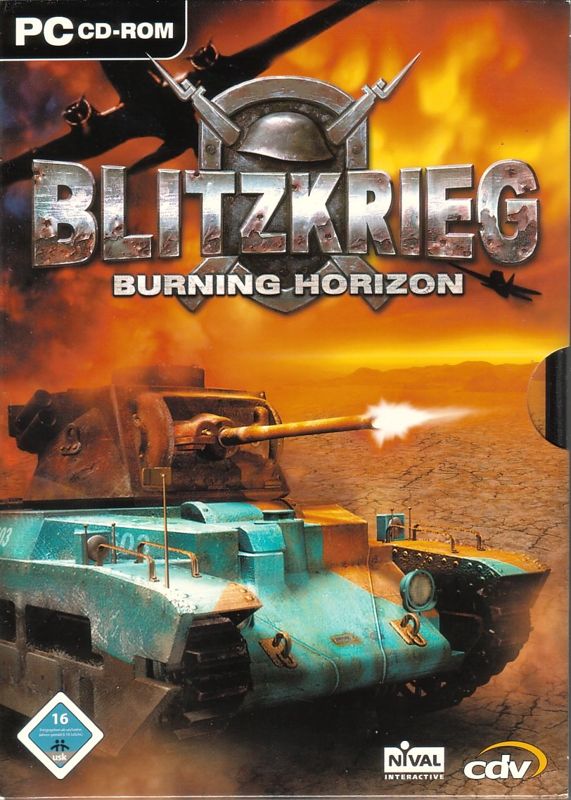
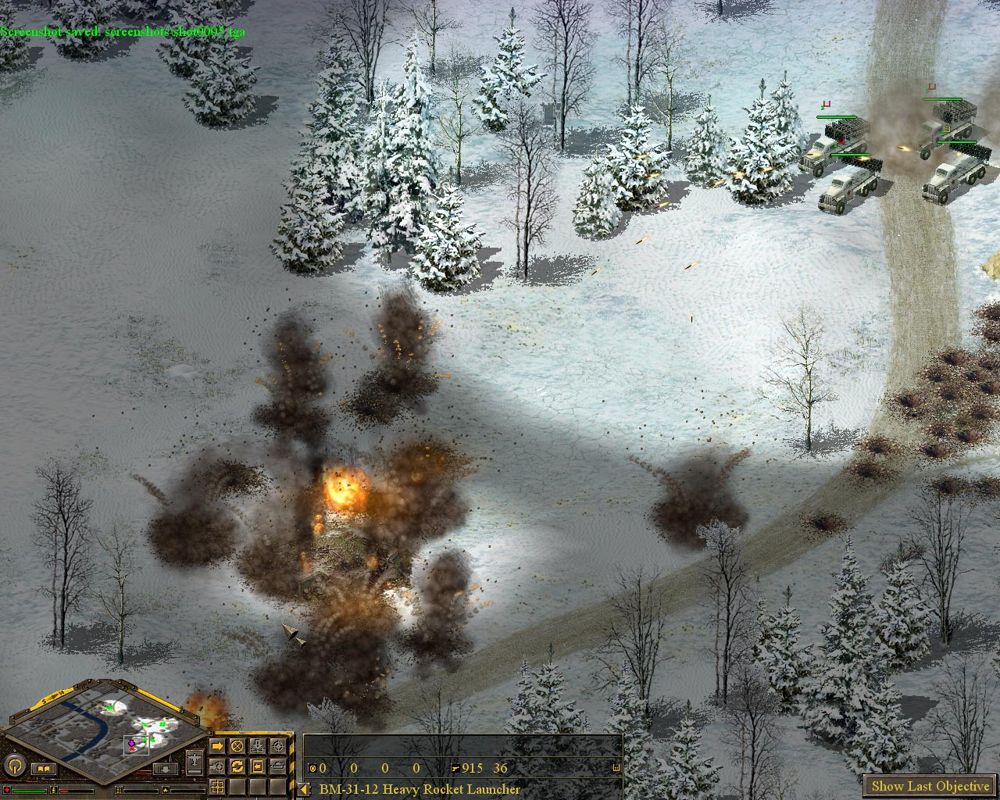
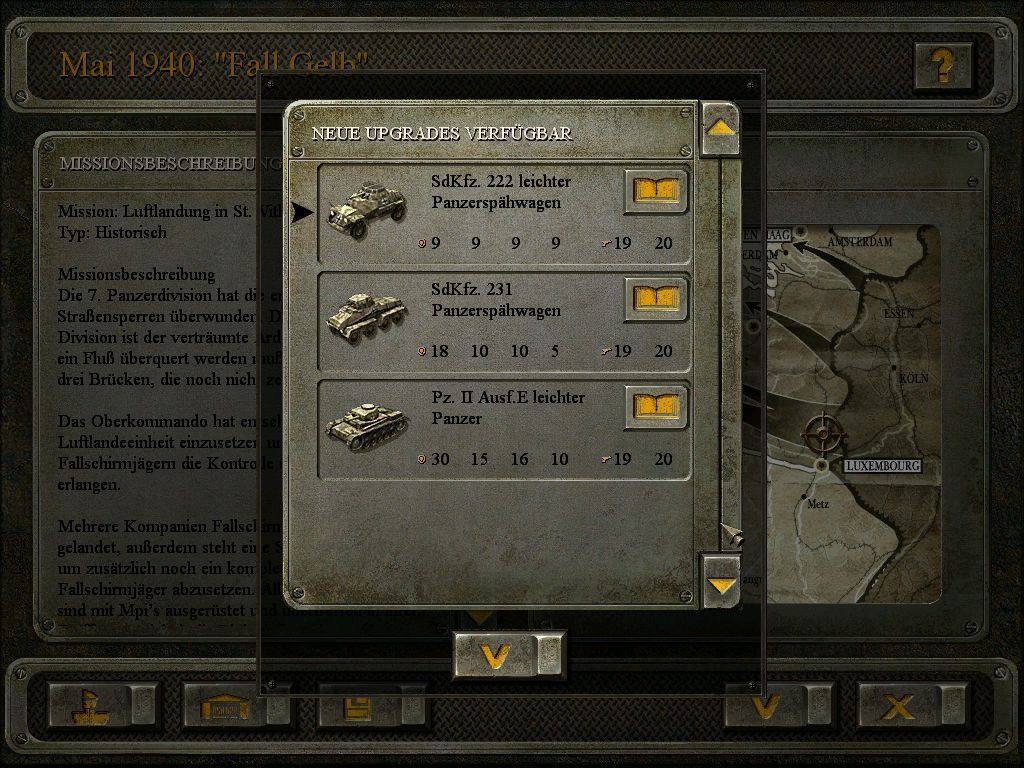
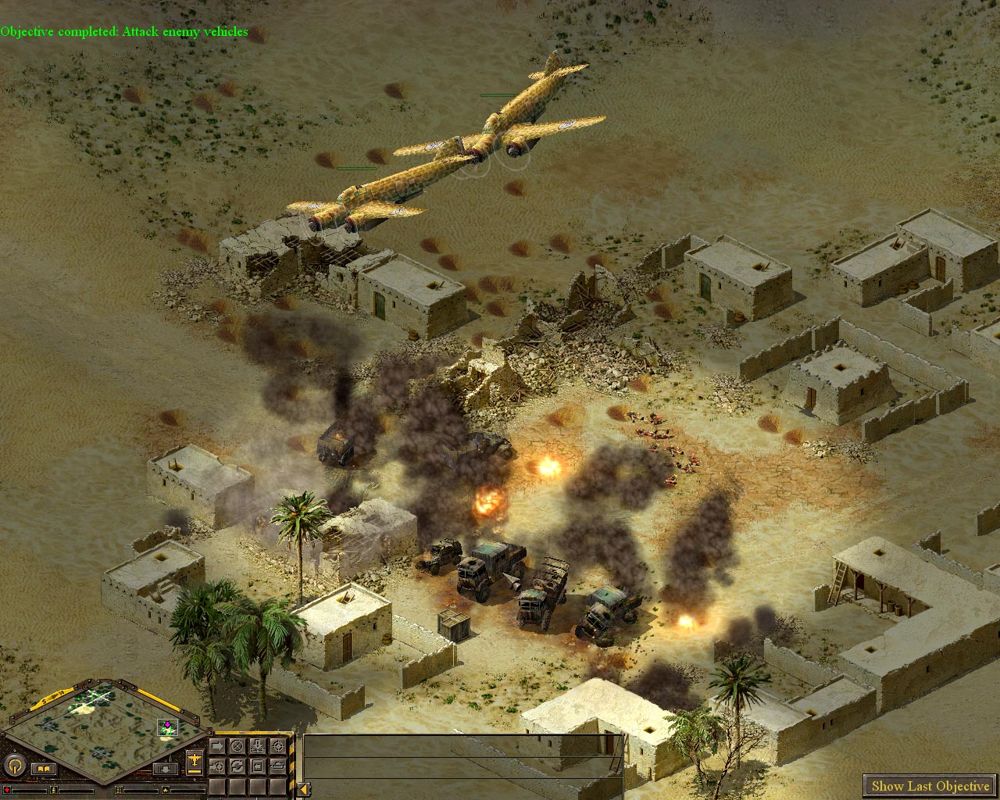
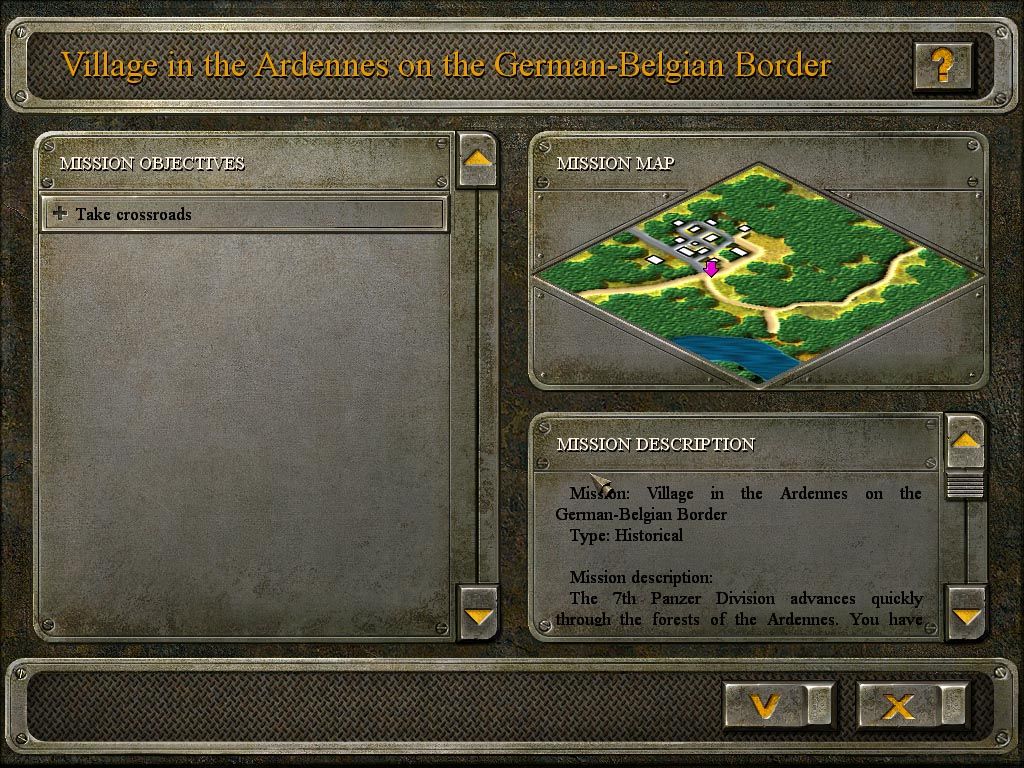
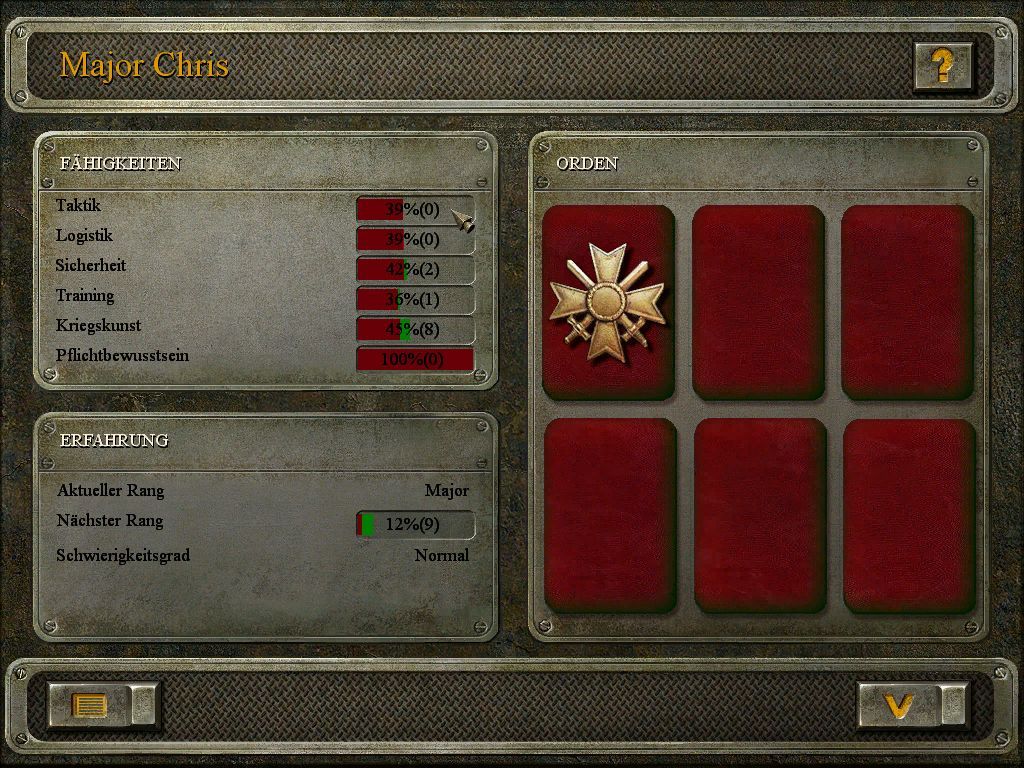
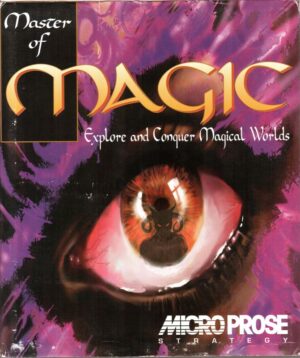


Reviews
There are no reviews yet.